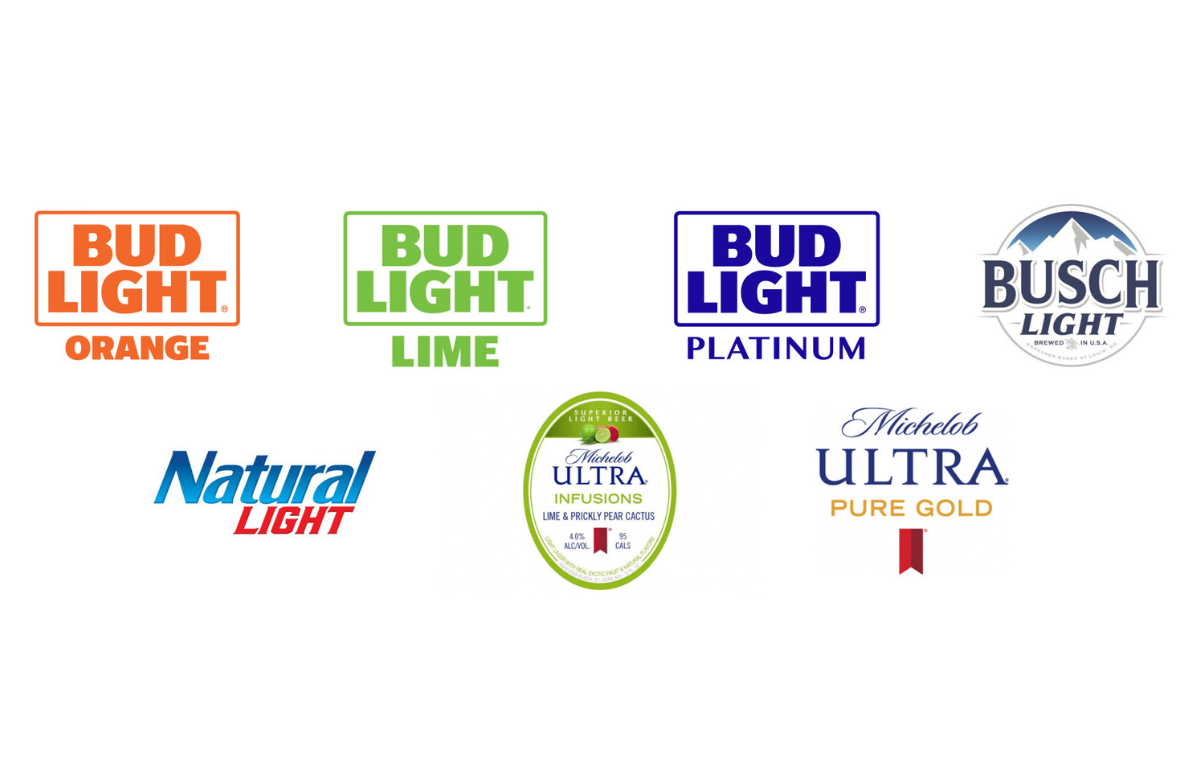After attacking Coors Light and Miller Lite for using corn syrup in the brewing process (and then walking that back after coming under fire from farmers), Anheuser-Busch now is targeting the brands for using another common beer ingredient: hop extracts.
And, yes, Anheuser-Busch is doing so even though it uses hop extracts in more than 40 beers it sells domestically — and even though extracts are used in brewing Bud Light in the United Kingdom.
More on that later, but let’s start with a basic question: What’s a hop extract?
Simply put, it’s a natural, pure extract that contains alpha acids, beta acids and hop oils. The hop extract is produced using a CO2-based process that extracts the soft resins and essential oils that exist within hops.
They are primarily used as a kettle ingredient to provide bitterness but can also be used later in the process, including as late kettle or whirlpool additions or in maturation and finishing.
Craft Brewers Embracing Hop Extracts
Hop extracts have been used widely in the beer industry for more than 50 years, and extracts increasingly have been embraced by craft brewers — including Founders Brewing Co., Half Acre Beer Co., Block 15 Brewing and many more.
“We estimate that roughly one-third of craft breweries who brew 50,000 barrels of beer or more use hop extract in some of their brands,” says Manny Manuele, vice president of global brewing, innovation, quality and technical governance for Molson Coors.
The reason for this adoption is simple, Manuele says. Hop extracts offer more consistency than leaf or hop pellets and deliver on the essential elements that hops bring to beer: bitterness, aroma, mouthfeel and aftertaste. They have better stability than whole hops, resulting in better shelf life and less risk of off-flavors and aromas introduced to the beer via hops.
In a 2017 interview, Jerry Kosmicki of Founders told Imbibe Magazine that, “We definitely did our due diligence and compiled a lot of sensory panel results before we completely committed to making hop extracts a part of our process.”
“We found that the beers with extract were generally indistinguishable from the beers with pellets, save for some of our more trained palates who commented that the hop profile, particularly the bitterness portion, had a cleaner and smoother impact,” he added.
Why Coors Light and Miller Lite Use Hop Extracts
Hops extracts provide better control and less waste, which means improved quality and consistency of the taste characteristics of the final beer, Manuele says.
That consistency and quality are the key reasons why hops extracts are used in the brewing of Coors Light and Miller Lite.
MillerCoors produces its hop extracts in-house at the Watertown Hops Co. outside Milwaukee. This “gives us control over every aspect of the extract, and the resulting integrity of the product,” Manuele says.
Watertown Hops sells extracts to other brewers in the United States and internationally, including some of the biggest brewers in the world.
Which brings us back to Anheuser-Busch.
A-B Uses Hop Extract in Michelob Ultra Pure Gold … and Lots of Other Brands
According to AB InBev’s Tap into Your Beer website, Anheuser-Busch uses hop extracts in a variety of its beers, including Bud Light Orange, Bud Light Lime, Bud Light Platinum and Bud Light Chelada Extra Lime. Meanwhile, Anheuser-Busch InBev uses hop extracts in Bud Light in the UK. Beyond the Bud Light family, hop extracts are used in Bud Ice, Busch (as well as Busch Ice and Busch Light), Natural Light and Natural Ice and some flavors in the above premium Shock Top line (Citrus Peels, Inner Beauty, Lemon Shandy, Ruby Fresh and Sunset Orange).
Hop extracts also appear in Michelob Ultra Pure Gold (billed as a “USDA certified organic light lager”) and Michelob Ultra Infusions. They’re also listed as ingredients in five beers from Germany, the land that brought us the Reinheitsgebot: Franziskaner Weizen Dunkel, Spaten, Spaten Dunkel, Spaten Marzen Oktoberfest and Spaten Optimator.
No one should be surprised that Anheuser-Busch is attacking Coors Light and Miller Lite in an effort to prop up long-declining Bud Light. After all, Anheuser-Busch is an old hand at denigrating the competition, going back to its early denunciations of Miller Lite in the 1970s and, later, its attacks on Boston Beer Co.
But going after common industry ingredients, let alone ones that appear in dozens of its beers, is a new twist for the King. Speaking of twists, watch how Bud Light keeps changing its ingredients story.

